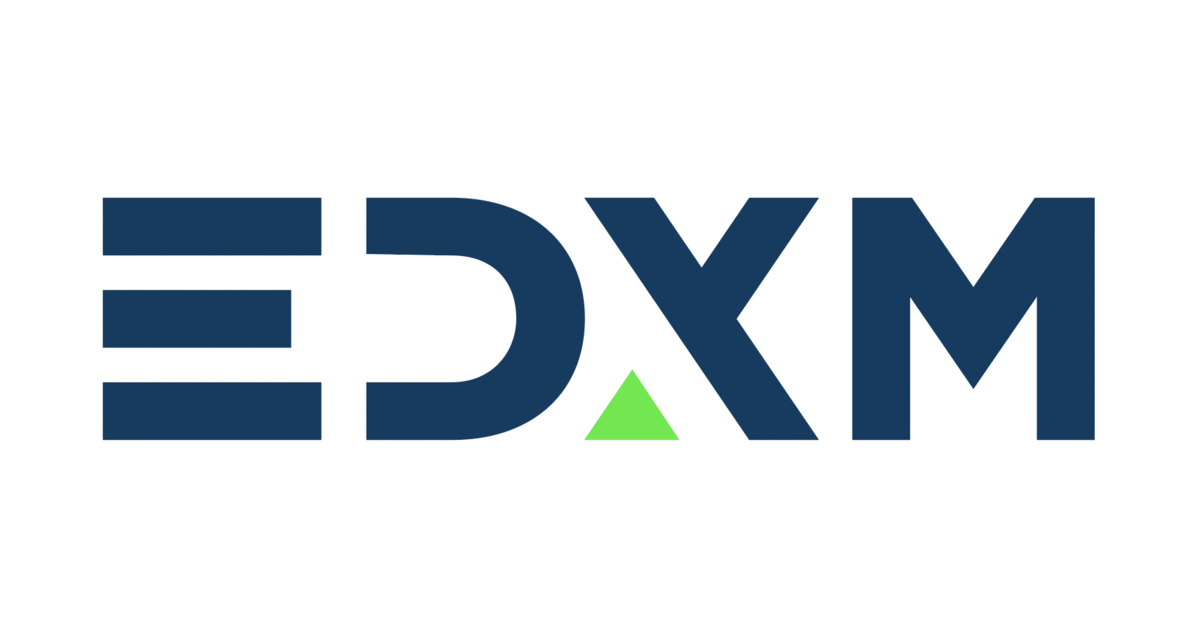Full deployment of cryptocurrency regulatory rules in 2020? The FATF will begin a one-year review
The Financial Action Task Force (FATF) has agreed to assess whether countries have taken the necessary actions to deploy cryptocurrency-related rules. The FATF emphasizes:

“Given the global nature of the virtual asset industry, countries must implement these rules immediately.”
The FATF will begin to review compliance by member states
The FATF held a plenary session from October 16th to 18th, hosted by Liu Xiangmin from China, the first meeting since China assumed the presidency. More than 800 representatives from 205 jurisdictions and international organizations attended the three-day event. The FATF is an intergovernmental organization that aims to develop anti-money laundering policies. It currently consists of 37 jurisdictions and 2 regional organizations. Stabilizing currency assets and other emerging assets are the focus of this meeting.
- Wuzhen News | BKEX founder Ji Jiaming confirmed attending the World Blockchain Conference, he will bring the heavy news of BKEX
- Speed reading | BTC's monetary policy is overvalued, Ethereum's monetary policy is underestimated
- Interview with Li Lin | Year after returning to the fire coin

(President's representative Liu Xiangmin , photo source: bitcoin.com )
In June of this year, the FATF issued standards for cryptographic assets and related service providers, and G20 leaders, finance ministers and central bankers have announced that they will comply with these standards. Some countries have already begun to act.
The next step for the FATF is to assess how countries implement standards. The organization announced in June that it "will monitor the implementation of new rules by countries and service providers and begin a 12-month review in June 2020." Since June, the FATF has been studying how to assess the progress of each country and announced at this meeting:
“The FATF has now agreed on how to assess whether countries have taken the necessary actions to implement the new requirements.”
The FATF said: "In view of the global nature of the virtual asset industry, countries must implement these requirements immediately, especially to understand the risks and ensure effective supervision of the industry."
“From now on, the assessment will pay special attention to the implementation of these measures by countries.”
The FATF specifically stated that countries that have conducted mutual assessments must report on their actions in this area in their follow-up process. The organization will also follow up on subsequent developments and will continue to engage actively with the private sector to explain the FATF's requirements and they will strive to comply with these requirements.
Stabilizing coins must comply with FATF standards
The meeting also discussed the issue of stabilizing coins. The FATF believes that such assets and their proposed global networks and platforms may lead to a shift in the virtual asset ecology and have an impact on money laundering and terrorist financing risks:
“As with virtual assets and virtual asset service providers, as well as traditional financial assets and their providers, 'stabilized coins' and related service providers must comply with FATF standards.”
In addition, the FATF is actively focusing on emerging assets, including stable currency assets, and will continue to study its characteristics and risks.
Since Facebook announced its Libra project in June this year, global regulators have been studying stable coins. In response, some countries have also increased their efforts in the central bank's digital currency. Last week, the Financial Stability Board informed the G20 finance ministers and central bank governors that the stable currency adopted on a global scale could pose risks to financial stability. The G7 also recently published a report outlining the various risks of stabilizing coins.
We will continue to update Blocking; if you have any questions or suggestions, please contact us!
Was this article helpful?
93 out of 132 found this helpful
Related articles
- Research shows that bitcoin bull market still needs to wait, institutional admission is still slow
- ChainNode Review: Bit Shield Razor Blade Hardware Wallet
- Market analysis: the same view, to avoid risk
- Hurun Unicorn List: The average establishment period of blockchain enterprises is 5.36 years, which is 2.4 years lower than the overall average.
- Taking a step back, Libra is considering launching a series of stable coins.
- Is the Ethereum futures contract finally coming? CFTC Chairman expressed his willingness to approve
- The short-term sideways consolidation, short-term retracement pressure






